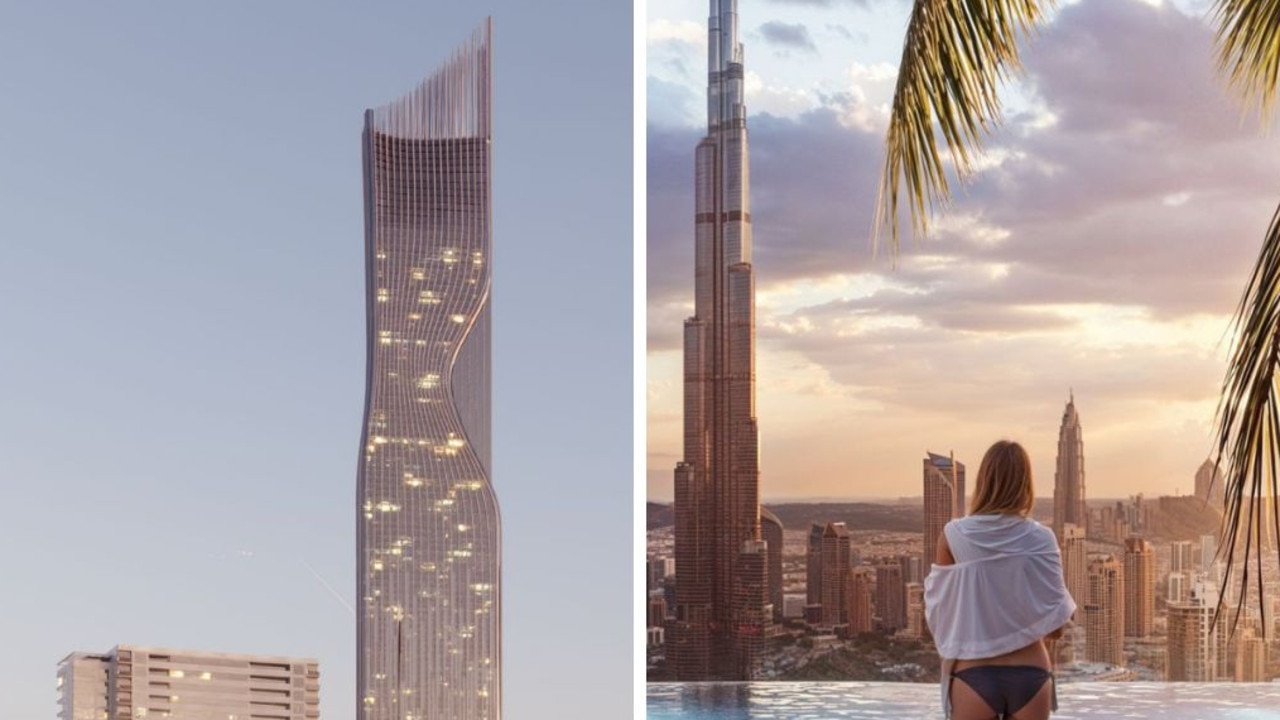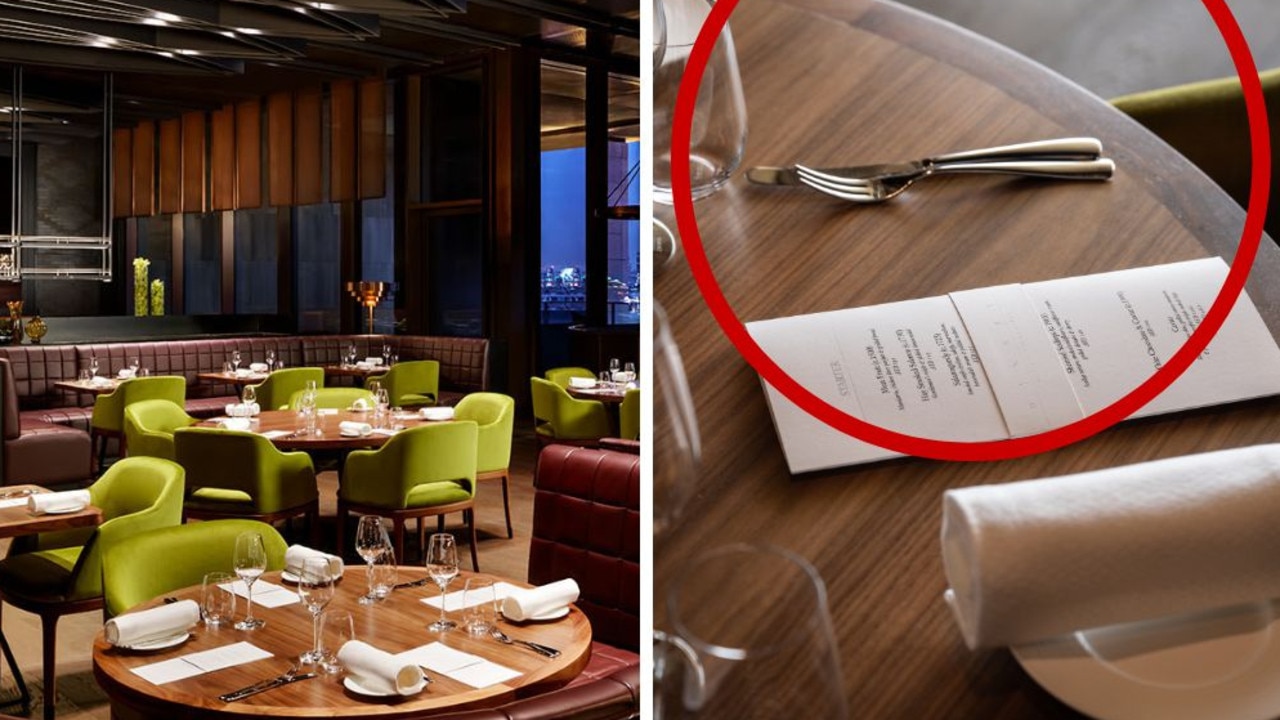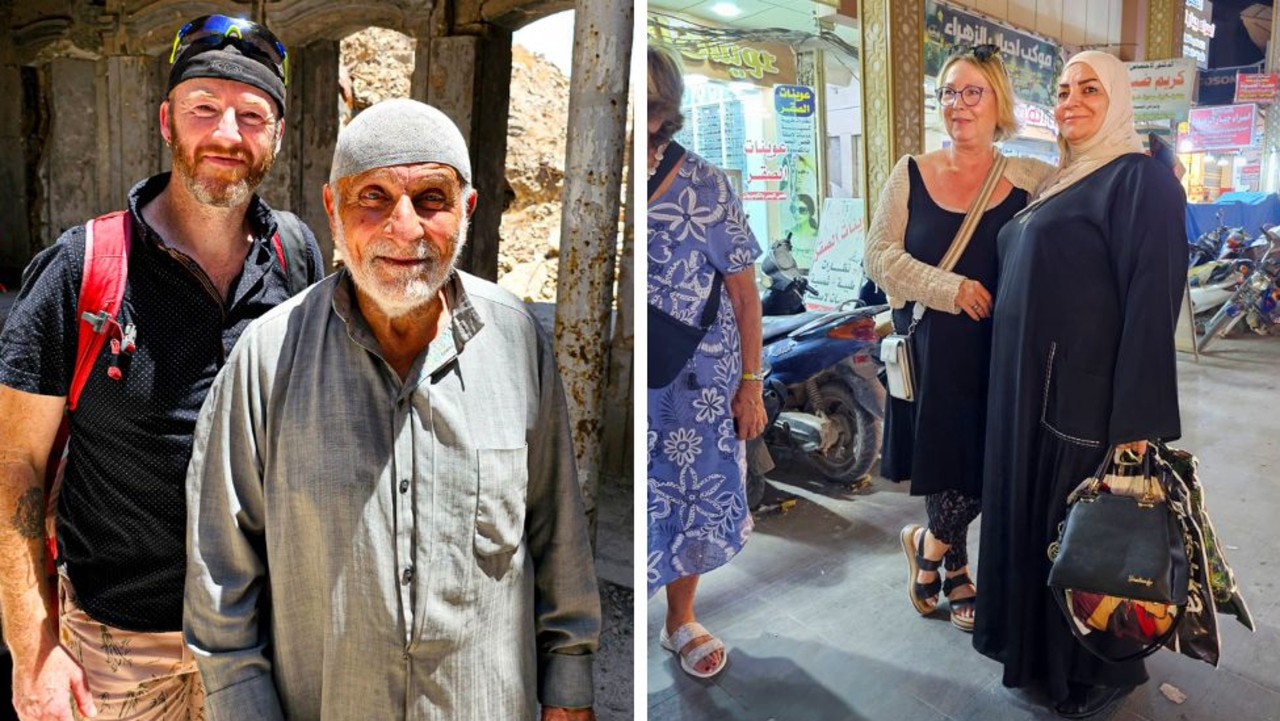Saudi prince’s bold plan for a $640b futuristic megacity
WOMEN jogging in bikini tops and working side-by-side with men: this futuristic megacity looks nothing like the rest of the ultraconservative kingdom.

IT IS said to be unlike anything the world has seen before — and that may well be right.
Saudi Arabia’s visionary Crown Prince Mohammed bin Salman, 32, has offered a glimpse the $640 billion futuristic megacity that will be Saudi Arabia’s next economic powerhouse and it looks very much at odds with the image of the ultraconservative kingdom we’ve seen before.
The project, dubbed NEOM, is part of the young prince’s vision of social and economic changes geared towards a more progressive future for Saudi Arabia.
And in a promotional video for the NEOM project, women can be seen jogging in crop tops and working side-by-side with male colleagues: a far cry from the Saudi Arabia where, up until last month, women weren’t even allowed to drive a car.
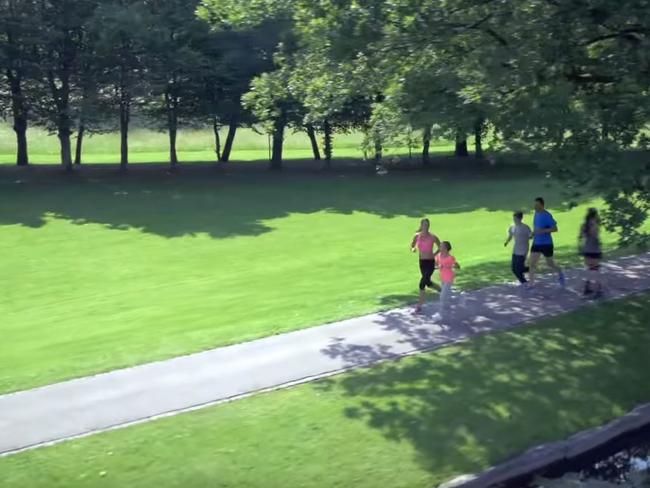
NEOM is a business and industrial zone extending to neighbouring Jordan and Egypt and spanning a whopping 26,500sq km — making it 33 times bigger than New York City, and more than twice the size of greater Sydney.
The proposed megacity will be financed by the Saudi government and private investors and powered entirely by wind and solar energy. It will focus on the food, entertainment, energy and water, biotechnology and advanced manufacturing industries.
The NEOM zone would serve as another revenue stream for Saudi Arabia, the world’s top oil exporter, which has struggled with slumping oil prices since 2014.
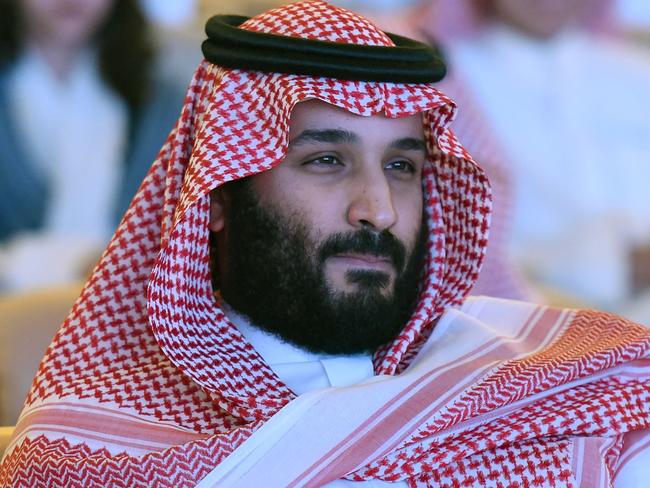
Announcing the project at a major investment conference in the capital Riyadh, Prince Mohammed said NEOM would be an example of the hi-tech future he envisioned for his notoriously conservative country.
He held up two mobile phones — one, a modern smartphone and the other, a decade-old device — to illustrate the difference between futuristic NEOM and anything else, Reuters reported.
“This project is not a place for any conventional investor,” the Prince said. “This is a place for dreamers who want to do something in the world.
“The strong political will and the desire of a nation. All the success factors are there to create something big in Saudi Arabia.”
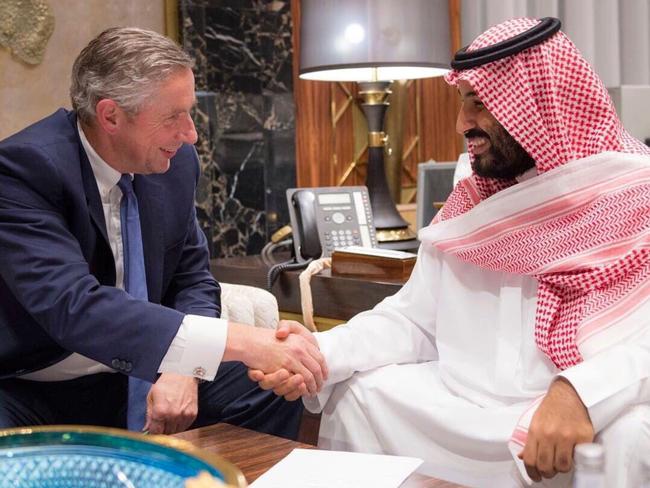
The NEOM zone will sit adjacent to the Red Sea and the Gulf of Aqaba, between Egypt and Saudi Arabia, and close to the maritime trade routes that use the Suez Canal.
Saudi Arabia’s Public Investment Fund, which will partially fund the project, said NEOM would be a gateway to the proposed King Salman Bridge that will link Egypt and Saudi Arabia.
“NEOM is situated on one of the world’s most prominent economic arteries,” the fund said.
“Its strategic location will also facilitate the zone’s rapid emergence as a global hub that connects Asia, Europe and Africa.”
Jordan and Egypt, which are close allies of Saudi Arabia, are yet to comment on the plan, according to Reuters.
Riyadh said it was in contact with potential investors and the project’s first phase would be completed by 2025.
‘WE WILL DESTROY EXTREMISM NOW’
The $640 billion megacity is Prince Mohammed’s boldest move yet in his mission to rapidly modernise Saudi Arabia, which has long been ruled by strict religious law and under the influence of hard line religious clerics.
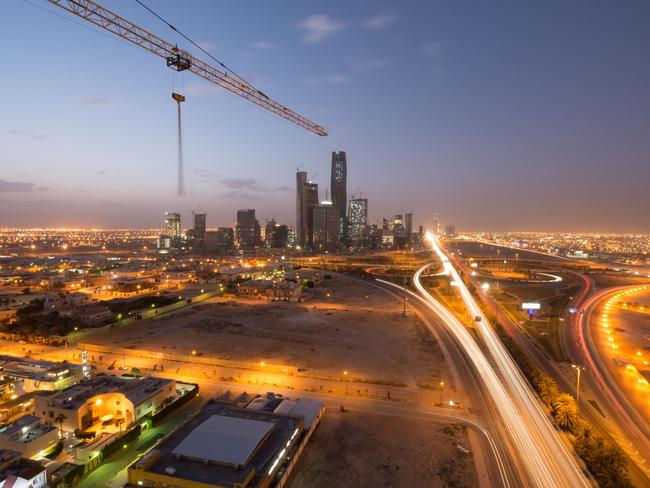
He has a plan for social and economic reforms under what he calls Vision 2030, including the NEOM project. Allowing women to drive was another major reform under Vision 2030; in another, Saudi Arabia may soon bring back cinemas.
Prince Mohammed, who was appointed crown prince in June by his father, King Salman bin Abdulaziz Al Saud, is relatively popular among his fellow Saudi millennials.
And he knows they are crucial in his vision for his country’s future, in which he also wants to see a more moderate observation of Islam.
“We are simply reverting to what we followed — a moderate Islam open to the world and all religions,” he told the Future Investment Initiative conference in Riyadh.
“Seventy per cent of the Saudis are younger than 30. Honestly, we won’t waste 30 years of our life combating extremist thoughts. We will destroy them now and immediately.”
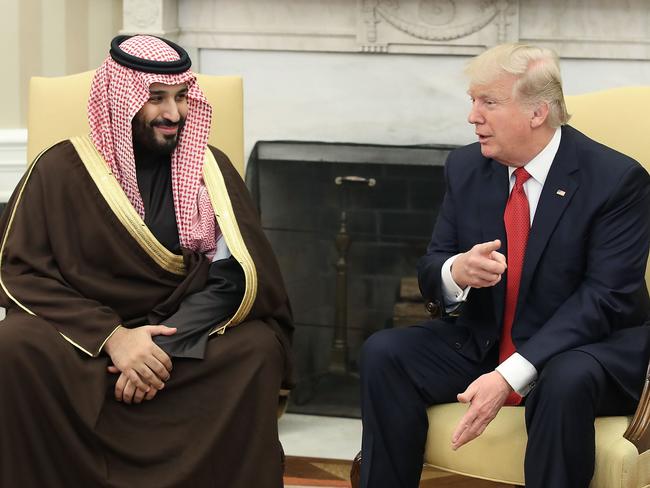
In a subsequent interview with The Guardian, Prince Mohammed said the past three decades had seen his country ruled by rigid doctrines that came about in reaction to the Islamic revolution in Iran in 1979 — and the time for that was over.
“What happened in the last 30 years is not Saudi Arabia. What happened in the region in the last 30 years is not the Middle East,” he said.
“After the Iranian revolution in 1979, people wanted to copy this model in different countries, one of them is Saudi Arabia. We didn’t know how to deal with it. And the problem spread all over the world. Now is the time to get rid of it.”
Expanding on his vision for NEOM and Saudi Arabia’s economic future, the Prince added: “We are a G20 country. One of the biggest world economies.
“We’re in the middle of three continents. Changing Saudi Arabia for the better means helping the region and changing the world.
“So this is what we are trying to do here. And we hope we get support from everyone.”


